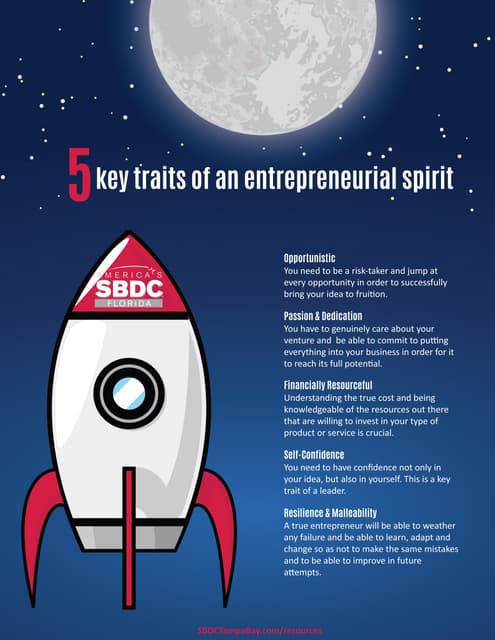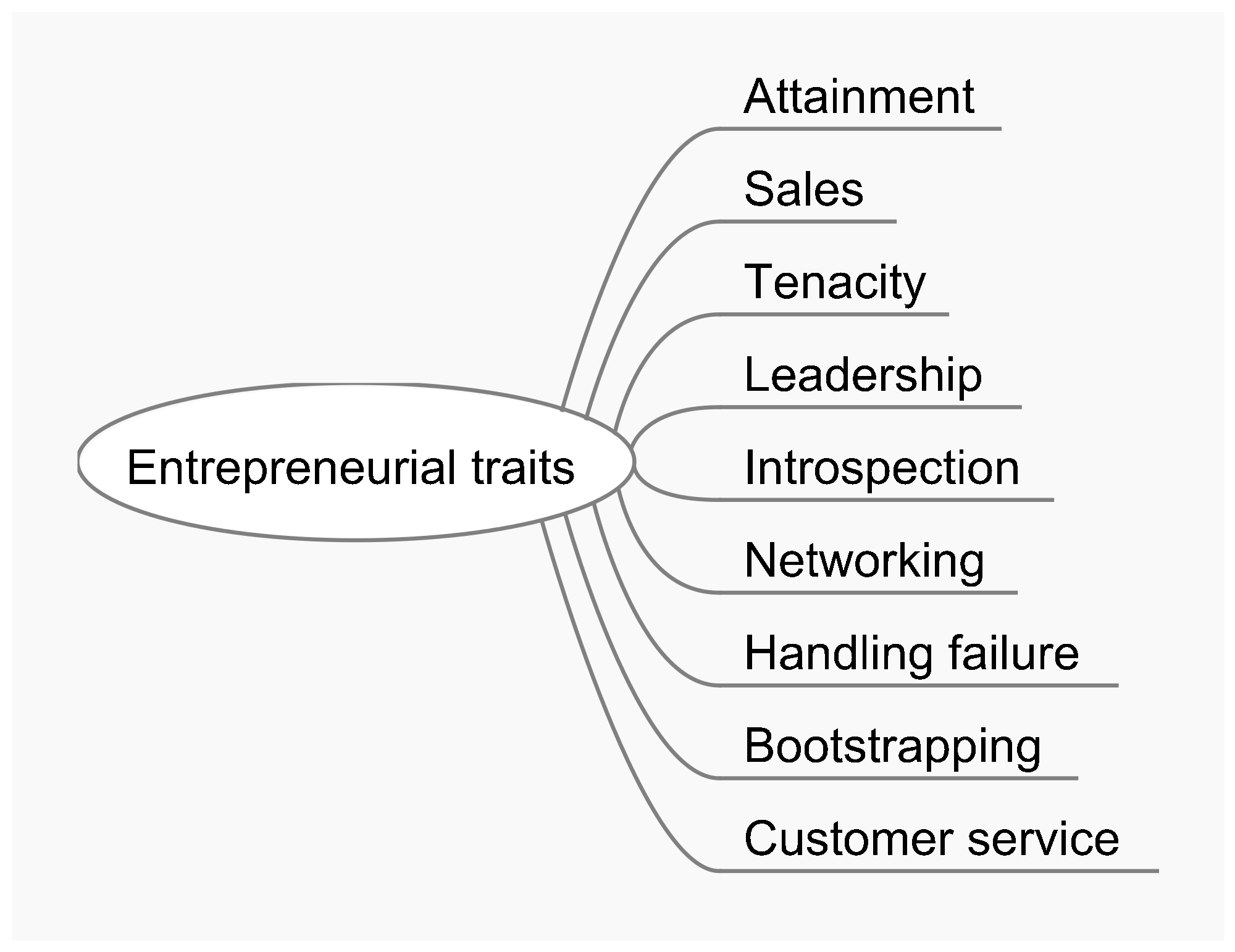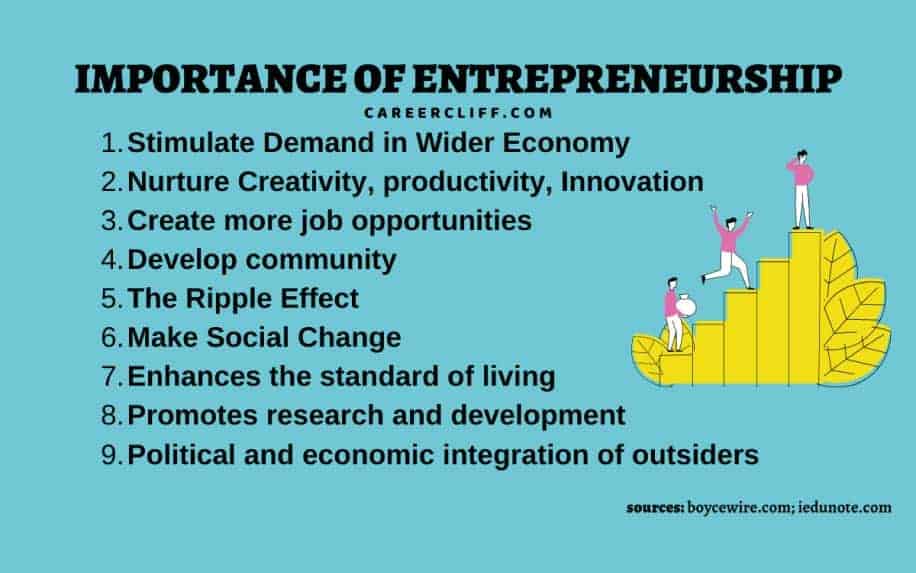What Does Entrepreneurial Spirit Mean

In today's volatile economic landscape, where job security is increasingly fragile and innovation reigns supreme, the concept of entrepreneurial spirit has transcended its traditional definition. It's no longer merely about launching a business; it's a pervasive mindset, a driving force that shapes individual careers, organizational cultures, and even national economies. But what exactly constitutes this elusive "entrepreneurial spirit," and why is it so critical in the 21st century?
At its core, the entrepreneurial spirit is a potent blend of ambition, creativity, and resilience, fueled by a proactive approach to problem-solving and a relentless pursuit of opportunity. It encompasses a willingness to take calculated risks, adapt to change, and persevere through inevitable setbacks, all while maintaining a passionate commitment to a clearly defined vision. Understanding this multifaceted nature is crucial for fostering innovation and driving sustainable growth.
Beyond Business Ownership: A Broader Definition
Traditionally, entrepreneurial spirit has been equated with starting and running a business. The Small Business Administration (SBA) defines an entrepreneur as "someone who organizes, manages, and assumes the risks of a business or enterprise." This definition, while accurate, paints an incomplete picture.
Increasingly, the entrepreneurial spirit is recognized as a valuable asset within larger organizations, driving intrapreneurship and innovation from within. Employees who exhibit this spirit are proactive, resourceful, and constantly seeking ways to improve processes and create value. They are not afraid to challenge the status quo and propose new ideas, even if it means taking a risk.
Key Traits and Characteristics
Several key characteristics consistently emerge when examining individuals who embody the entrepreneurial spirit. These traits are not innate; they can be cultivated and developed through experience and deliberate effort.
Risk-Taking and Resilience
Entrepreneurs are not necessarily reckless, but they are willing to take calculated risks. They understand that innovation often requires stepping outside of one's comfort zone. More importantly, they possess the resilience to bounce back from failures and learn from their mistakes.
Creativity and Innovation
A core element of the entrepreneurial spirit is the ability to think creatively and identify unmet needs or opportunities. This involves challenging conventional wisdom and developing novel solutions to existing problems.
Proactive Problem-Solving
Entrepreneurs are not passive observers; they are proactive problem-solvers who take initiative to address challenges head-on. They possess a strong sense of ownership and are driven to find solutions, even when faced with limited resources.
Passion and Persistence
The entrepreneurial journey is rarely easy; it requires unwavering passion and persistence to overcome obstacles and achieve long-term goals. This intrinsic motivation is what fuels entrepreneurs through the inevitable ups and downs.
The Importance of Entrepreneurial Spirit in Today's Economy
In a rapidly changing global economy, the entrepreneurial spirit is more vital than ever before. It is the driving force behind innovation, job creation, and economic growth. Countries and organizations that foster an entrepreneurial environment are more likely to thrive in the long run.
According to a report by the World Economic Forum, entrepreneurial skills are increasingly in demand across all industries. The report emphasizes the importance of cultivating creativity, problem-solving, and adaptability in the workforce to navigate the challenges and opportunities of the Fourth Industrial Revolution. This underscores the need for educational institutions and organizations to prioritize the development of entrepreneurial skills.
Fostering Entrepreneurial Spirit
Creating an environment that fosters the entrepreneurial spirit requires a multi-faceted approach. This includes providing access to funding and resources, promoting a culture of experimentation and risk-taking, and offering training and mentorship opportunities.
Educational institutions play a crucial role in cultivating entrepreneurial skills by incorporating experiential learning, design thinking, and other innovative pedagogical approaches. Furthermore, organizations can foster intrapreneurship by empowering employees to take ownership of their work and encouraging them to propose new ideas.
Looking Ahead: The Future of Entrepreneurialism
The entrepreneurial spirit is not simply a passing trend; it is a fundamental driver of progress and innovation. As technology continues to reshape the world, the ability to think creatively, adapt to change, and take calculated risks will become even more critical.
Moving forward, fostering a culture of entrepreneurialism will require a collective effort from individuals, organizations, and governments. By investing in education, providing access to resources, and promoting a culture of innovation, we can unlock the full potential of the entrepreneurial spirit and create a more prosperous and sustainable future for all.


















